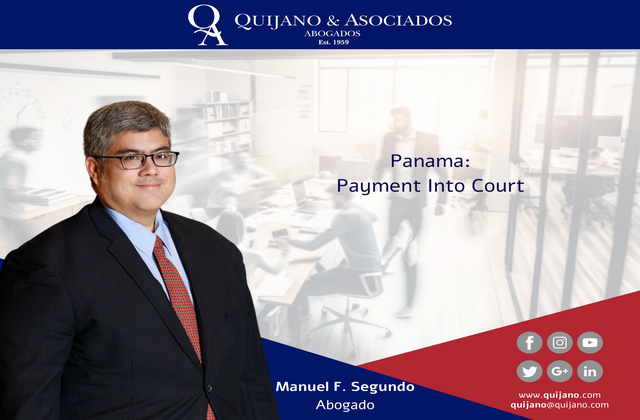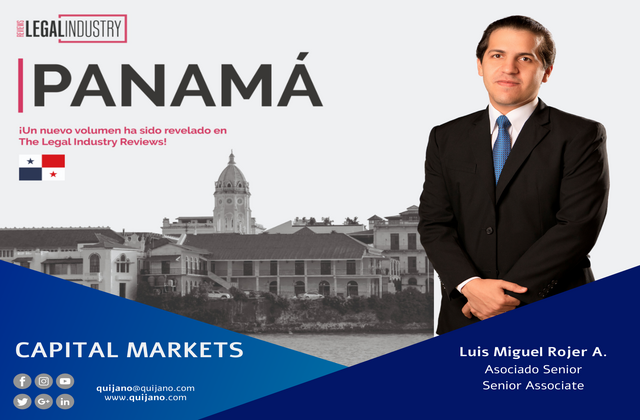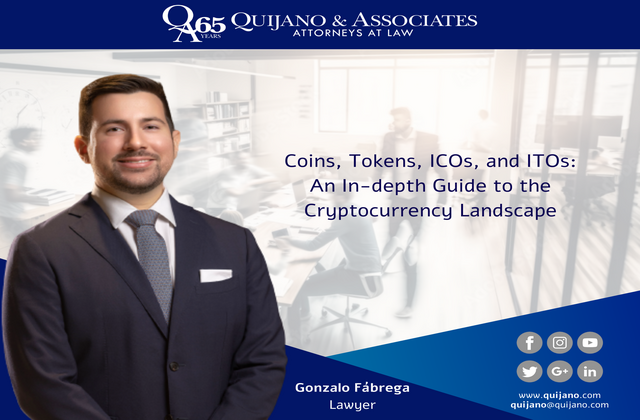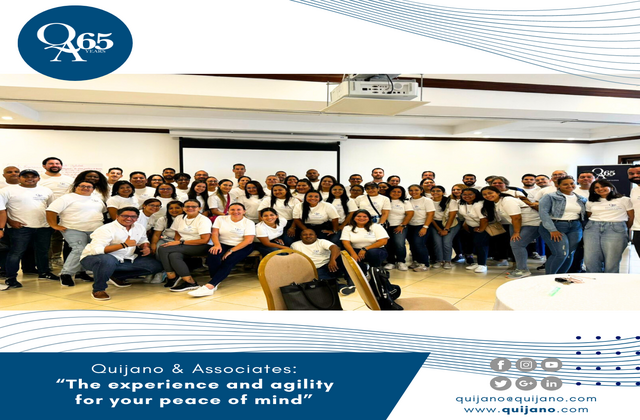Payment Into Court

Our Panamanian Civil Code establishes an option that the obligations are extinguished, consigning the due thing, when it is impossible for the Creditor to receive it.
Although the Judicial Code has established the process of payment into court as non-contentious, the legal norms that regulate it establish some assumptions, in case there is the need for a contradictory or opposition by any of the participating parties.
This procedure requires the intervention of a judge, who will manage the delivery of the consigned property. In such sense, the judge suitable to hear the process will depend on the amount determined by the plaintiff.
This is determined in accordance with the provisions of Article 159 of the Judicial Code, which states that the circuit judges are competent to hear the payment into court, when the amount is greater than five thousand balboas. Failing that, the municipal judges are the competent ones to conduct the processes of payment into court, when the amount is less than five thousand balboas.
The application for payment into court must contain a detailed explanation of the obligation that originated the cause of action. The right of the creditor must be duly recognized, since the purpose of this process is not to settle conflicts of ownership of the right, but to deliver the property or payment established.
In this sense, Article 1457 of the Judicial Code allows the process to be transformed into a summary process, which occurs when the creditors are in complete disagreement with respect to the form or manner that according to their interpretation does not correspond to the receipt of the good or payment that had been agreed within the obligation.
In this order, the presentation of evidence is allowed when the creditor refuses to receive payment. It is at this procedural moment, that a time limit is opened for the parties to adduce the evidence they deem necessary, in order to prove the facts of their claims.
The procedure to be followed, in the event that evidence is adduced, will be that of the abbreviated process; that is to say, the summary process contemplated in articles 1345 and 1346 of the Judicial Code.
The presentation of evidence is also allowed in the scenario where there are multiple creditors and there is no agreement as to the interest accrued and that corresponds to each creditor.
In that scenario, if several persons claim to be entitled to collect, the debtor must indicate the general information of the creditors, including the address of each one and make it as clear as possible, what is the creditor’s claim.
If the creditors agree with everything stated by the debtor, then the judge will declare the obligation extinguished and will make the delivery to the creditors. Likewise, the obligation will be extinguished when the creditors agree on the thing owed, but not on the interest that corresponds to each one. With respect to the interests, they will be processed in a summary proceeding, to clarify them.
In case there is disagreement among the creditors, with respect to the thing owed, their rights will be determined, through a summary proceeding. Each creditor will be taken as plaintiff against the other creditors.
According to the procedure oriented by the Judicial Code, if the creditor does not admit the payment in money, then such amount would be kept under judicial deposit, that is to say, deposited in the National Bank, and a record must be kept in the file. However, the file would remain unfinished and therefore would remain in process in the court, until some of the causes of extinction of the obligation occur, which would be in the cases of articles 1452, 1454 and 1457 of the Judicial Code, which are the following:
• When the creditor accepts the payment, within the first term of five (5) days, granted by the judge hearing the payment into court.
• When the creditor does not answer to the transfer made by the judge, after refusing once it receives the payment, and in this case the Court will make available to the Creditor the money or the good to be withdrawn.
• When there is a plurality of creditors, and they admit receiving the payment.
Do not hesitate to contact our team of experts to obtain more information on the process of payment into court in Panama in the situation in question.




